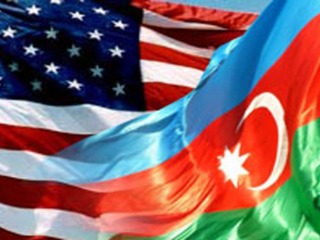“CACI Analyst, January 22, 2014”
Armenia's Former President Attacks Prime Minister
By Haroutiun Khachatrian (the 22/01/2014 issue of the CACI Analyst)
Armenia's second President Robert Kocharyan presented an unexpectedly harsh criticism of Prime Minister Tigran Sargsyan’s economic policy. The attack demonstrates that cooperation between Kocharyan and Armenia's third President Serzh Sargsyan, may be deteriorating.
“CACI Analyst, December 11, 2013”
"Russia Will Not Abandon the Caucasus," Putin Tells Armenia
By Haroutiun Khachatrian (the 11/12/2013 issue of the CACI Analyst)
Russia's President Vladimir Putin visited Armenia on December 3, for the third time since he took office in 2000. The visit was strategically scheduled immediately after the EU's Eastern Partnership summit in Vilnius.
The Strategic Context of U.S.-Azerbaijan Relations after the Presidential Elections
By Mamuka Tsereteli (the 27/11/2013 issue of the CACI Analyst)
On October 9, 2013, Azerbaijan held presidential elections and incumbent president Ilham Aliyev was re-elected for another five year term. The OSCE ODIHR observer mission, as well as the U.S. government, issued critical statements about the conduct of elections by Azerbaijani authorities that created tensions in Azerbaijan’s relationships with Western allies. Issues of concern need to be addressed, but they should not disrupt Western engagement and critical support for Azerbaijan’s sovereignty against the backdrop of assertive Russian policies to limit the Western presence in the broader Eastern European and Central Eurasian Space.



